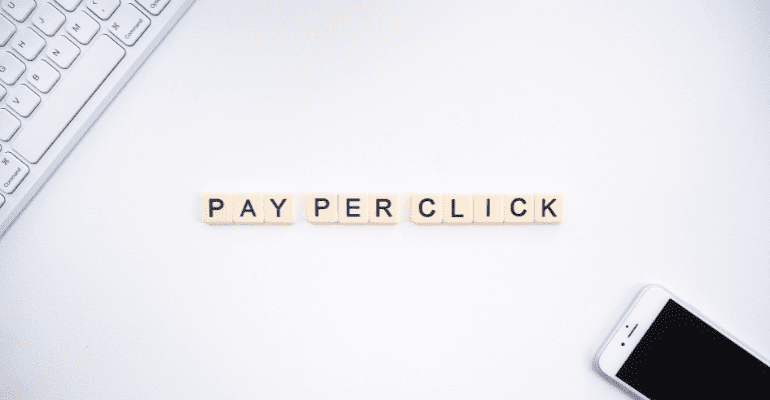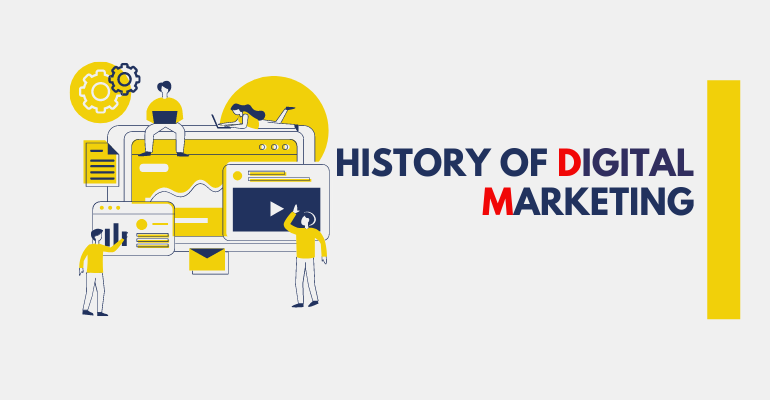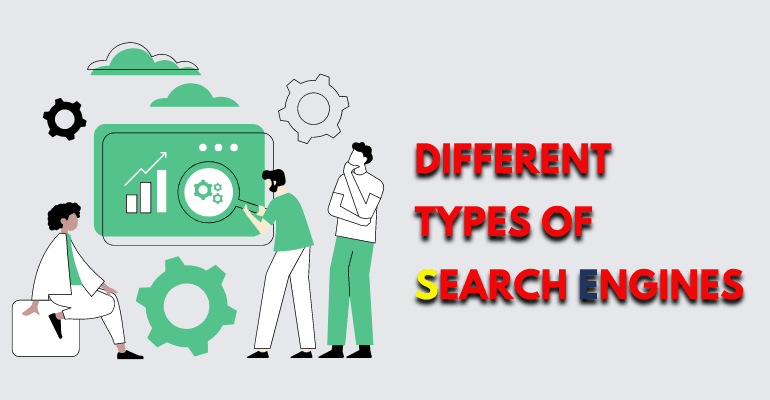What is Digital Marketing?
Digital marketing is a form of marketing that uses digital channels to deliver messages about products and services to consumers.
The use of digital channels to reach consumers is known as digital marketing. Digital channels are online platforms where content can be distributed, such as social media and search engines.
Digital Marketing is a form of marketing that uses digital tools and strategies to reach potential customers. Digital Marketing includes aspects like SEO, social media, Email Marketing, Video Marketing and Analytics.
Digital advertising is a form of marketing that uses the internet to deliver promotional messages. It can be used to promote a product or service, or to raise awareness of an issue.
The digital advertising industry has grown rapidly in recent years, and it is now one of the most powerful tools for reaching consumers.
Different Types of Digital Marketing Strategies
Digital marketing is a type of marketing that reaches out to customers through digital platforms. It can be used to create brand awareness and increase sales.
Online marketing is a process of promoting products or services using the internet. It is a form of marketing that uses the internet to reach customers and prospects.
The online marketing strategy is an important part of any business, as it helps to promote and sell products or services. The strategy should be tailored to suit the needs of the business, and should be based on research into what will work best for them.
Digital agencies need to have various strategies in place for their clients and they need to be able to select the right one for each client depending on their needs and goals.
Digital marketing is a broad term that encompasses many different types of marketing strategies. The most common types of digital marketing are email, social media, and search engine optimization.
There are many different types of digital marketing strategies.
Social Media Marketing:
One of the most popular ones is social media strategy. Social media has become an increasingly important part of the customer journey, so it’s important for marketers to have a strategy in place when using this channel. Social media is a type of online activity that allows users to create content and share it with other users in their network or with the public at large.
Pay-per-Click (PPC):
PPC is a form of advertising on the internet. It is a way for companies to reach their target audience by paying for each click on their advertisement.

PPC ads are usually shown at the top or side of search engine results pages, in sponsored links on social media sites, and in email inboxes.
The cost of PPC ads can vary depending on the type of ad and where it is shown. For example, an ad that appears at the top of a search engine results page will be more expensive than an ad that appears lower down the page.
Email Marketing:
Email marketing is the process of sending emails to a list of people who have opted in to receive messages from the sender. It can be used for both business-to-consumer (B2C) and business-to-business (B2B) communication.
Search Engine Optimization:
The technique of altering the visibility of a website or a web page in a search engine’s unpaid results is known as search engine optimization (SEO)—often referred to as “natural”, “organic” or “earned” results—in order to increase the number of visitors and, thus, profits. The goal is typically to increase traffic and sales, reduce marketing costs, or achieve a more prominent ranking on a search engine’s results page (SERP). SEO can be further broken down into various sub-sectors
Content Marketing:
Content marketing is a form of marketing that focuses on creating and distributing valuable, relevant, and consistent content to attract and retain a clearly-defined audience.

The goal of content marketing is to create content that is valuable for the target audience. This type of marketing can be used to attract new customers or even retain current ones. Content marketing can also be used as a way to educate potential customers about the company’s products or services.
Content Marketing Strategy:
Define your target audience
Create valuable, relevant, and consistent content
Promote your content through social media channels
Mobile Marketing:
Mobile marketing is a form of marketing that uses mobile devices to promote products and services. Mobile marketing can be done through text messages, mobile websites, or applications.
Mobile marketing is a form of marketing that uses mobile devices to promote products and services. Mobile marketing can be done through text messages, mobile websites, or applications.
The use of smartphones has increased the number of people who are using their phones for browsing the internet and accessing social media sites. This has led to an increase in the number of people who are using their phones for shopping online as well as making purchases in brick-and-mortar stores.
Mobile Marketing is also used by companies to reach out to customers with offers and deals on their products and services.
Marketing Analytics:
Marketing analytics is the process of collecting, analyzing, and interpreting data in order to make decisions about marketing activities.
Marketing analytics is a process that can be applied to any type of marketing activity. It can be used to measure the success of a campaign or to identify new opportunities for growth.
The goal of marketing analytics is to provide insights into what’s working and what’s not so that marketers can make better decisions about their campaigns.
Landing Page Marketing:
Landing pages are a great way to increase conversion rates. They are the first page that a visitor sees when they visit your website. It is important to make sure that this page is optimized for conversions.
A landing page should have a clear and concise message, be easy to navigate, and have an attractive design. It should also be mobile-friendly and responsive so that it can be viewed on any device.
The goal of the landing page is to get visitors to take action by signing up for your newsletter or downloading your eBook or whitepaper.
Viral Marketing:
Viral marketing is a marketing technique that uses pre-existing social networks to produce increases in brand awareness or to achieve other marketing objectives (such as product sales) through self-replicating viral processes, analogous to the spread of viruses or computer viruses.
The term “viral” refers to how quickly a video, image, text, or other piece of content can spread from one person to another. The term is often used interchangeably with the term “going viral,” which refers to when something spreads very quickly and becomes popular.
Affiliate Marketing:
Affiliate marketing is a sort of performance marketing in which a company pays one or more affiliates for each visitor or client brought in by the affiliate’s own marketing efforts.

Affiliate marketing is a fantastic method to earn money on the internet. It’s also an easy way to get started with making money online. You can create an affiliate website and use it to promote the products, services, and information of others.
The most popular form of affiliate marketing is through blogging. You can create content on your blog that promotes someone else’s product or service and then you can link to it on your site. When someone clicks on the link and buys the product, you will earn a commission from the sale
How to Use Digital Marketing to Reach Your Target Audience?
The question that is on many marketers’ minds is how to reach their target audience. Digital marketing has become an integral part of a company’s marketing strategy. Marketers have adapted to the changing times and found digital marketing to be a cost-effective way of reaching their target audience.
Digital marketing offers companies a cost-effective way of reaching their target audience, which has become an integral part of any company’s marketing strategy. Marketers have adapted to the changing times and found digital marketing to be a cost-effective way of reaching their target audience.
How the Success of Your Digital Marketing Campaigns to Measure?
Tracking success is an important part of any marketing campaign. It is a way to monitor the performance of your marketing efforts and make improvements to your strategy.
There are various metrics that can be used to measure the success of a digital marketing campaign. Some of them are:
Reach: The number of people who have been exposed to our content or advertising, also known as impressions;
Engagement: The number of people who have interacted with our content or advertising, such as clicking on an ad;
Conversions: The number of people who have taken a desired action after viewing our content or advertising, such as purchasing something from our store.
Conclusion: The Importance of Using a Comprehensive Digital Marketing Strategy
Digital marketing is one of the most powerful marketing strategies that is used by businesses to grow their company. Digital marketing has revolutionized the way businesses market themselves and it continues to evolve as technology advances.
A comprehensive digital marketing strategy helps a business reach its goals in a more efficient manner. It helps them achieve their objectives, increase the number of customers, and generate more leads.



